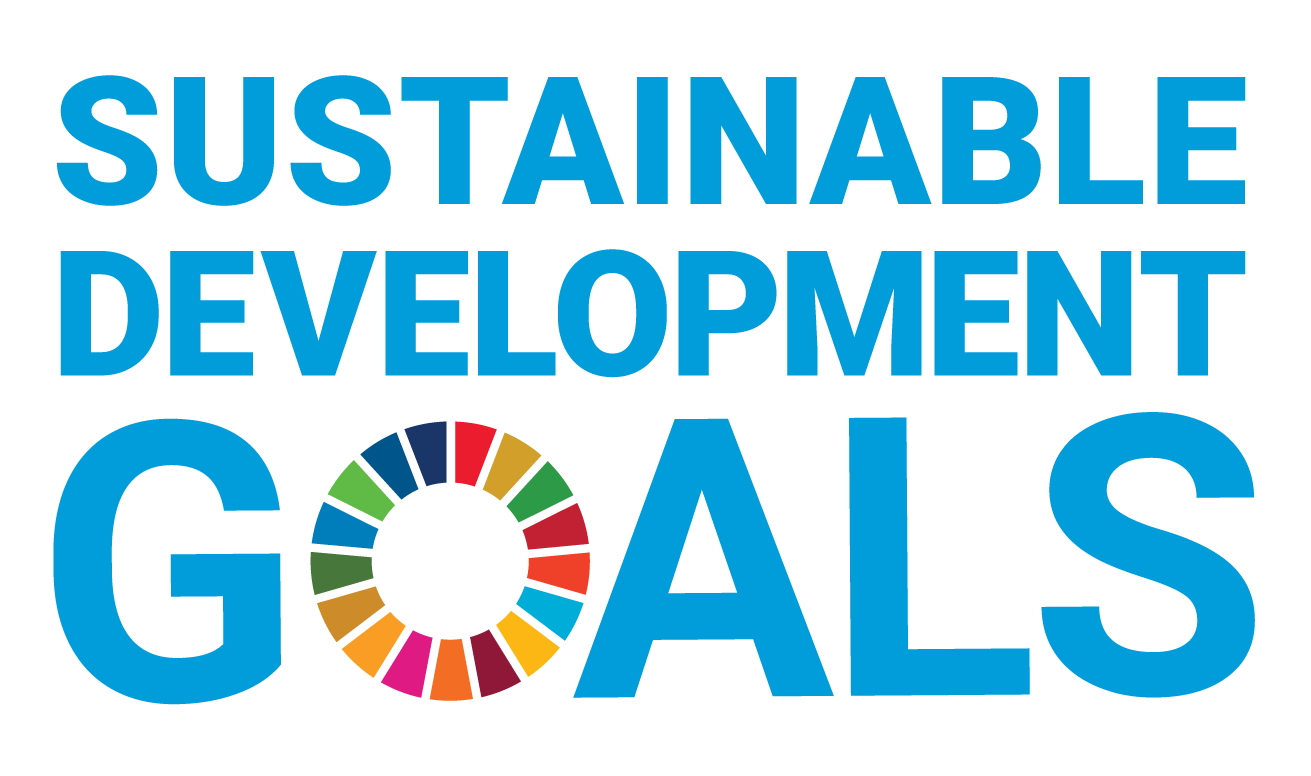You can search for courses, events, people, and anything else.
All his life, Dr Jason Donnelly has felt a strong connection to migrants. His mother grew up in a refugee camp in Chullora, New South Wales, after her parents migrated from Poland and Germany following the Second World War. As a child in the 1980s, Donnelly lived amid a diverse and vibrant community in the south-west Sydney suburb of Cabramatta, which included many refugees who had fled to Australia after the Vietnam War.
So immigration law seemed a natural focus for him when he decided to study law at university: first as an undergraduate at Macquarie University and Western Sydney University (where he graduated with the University medal in the Bachelor of Laws (Hons 1) program) and then as a PhD student at the University of New South Wales.
“Immigration is the closest thing under Australia’s domestic law where you’re dealing with human rights in a very direct way,” says Donnelly, who in addition to running a large pro bono refugee legal practice in Australia, is a senior lecturer in law at Western. He is also the course convenor and founding author of Western’s Graduate Diploma in Australian Migration Law.
Need to know
- Immigration appeals fall under administrative law.
- Western’s Jason Donnelly has reservations about how the tribunal weighs considerations in visa revocations.
DOUBLE DIPPING
Immigration appeals fall under administrative law, which regulates government decision making. Such appeals are handled by the Administrative Appeals Tribunal (AAT), where various members are political appointees. The Labor Government is seeking instead to introduce the Administrative Review Tribunal (ART), being a fairer and more transparent decision-making body.
Of particular interest to Donnelly is Ministerial Direction 99, which deals with government policy for non-citizens impacted on character cases under the Migration Act 1958 (Cth). It specifies how the AAT should weigh different considerations when deciding on whether a non-citizen is permitted to remain in Australia. Primary considerations should generally be given more weight than other considerations.
Donnelly’s concern with Direction 99 is the way in which family violence is considered by the AAT. While family violence is explicitly factored into the primary consideration of ‘Protection of the Australian Community’, Direction 99 mandates that it is also considered as a separate primary consideration. “It’s double counting,” says Donnelly.
Where things become more complicated is that administrative law is not subject to the same rules of evidence or proof as a criminal court. “In some cases, tribunals have found mere allegations of family violence to be independent and authoritative evidence of the act of family violence,” says Donnelly. “In my respectful opinion, that’s absurd because it hasn’t actually been tested through the court process.”
With Direction 99, released in March 2023, Donnelly was disappointed to find that Australia’s international obligation under The United Nations Convention Relating to the Status of Refugees − to protect refugees and asylum seekers − was to generally be treated as a secondary consideration. “It doesn’t look good for our obligation to protect and advance human rights,” he says.
If a migrant is expelled from the country because their visa is refused or cancelled, the consequences are serious for both them and their families, Donnelly notes. “The impact is perhaps the same, if not more severe, than for someone who goes to jail for a few years.”
Aside from studying Direction 99, Donnelly has extensively researched the AAT itself and the need for merit-based appointment. He has given evidence and submitted documents to parliamentary inquiries at the Commonwealth level.
“I’d like to think that my small contribution has added to the body of voices that have persuaded the current government to introduce legislation to abolish the AAT and replace it with a new, transparent, merit-based appointment process,” says Donnelly.
Donnelly views the impact of his research and practice as a subtle building up of knowledge and awareness in the public and academic spheres.
His colleague, Professor John Juriansz, director of the Whitlam Institute at Western, is more effusive. “A deeply committed and skilful advocate for the disempowered and disenfranchised, Jason is the embodiment of the hope, potential and the highest aspirations of Western Sydney University,” he says. “He is proof positive of the fulfilment of our mission.”
Meet the Academic | Dr Jason Donnelly
Dr Jason Donnelly is a leading Australian academic and barrister specialising in immigration and public law. He holds a Bachelor of Arts, Bachelor of Laws (First Class Honours & University Medal), Graduate Diploma in Legal Practice, and a PhD.
Appointed as a law lecturer at 23 and a barrister at 25, Dr Donnelly previously worked with Justice Michael Kirby and Justice Peter McClellan. He has acted in over 257 published cases, primarily before the High Court, Federal Court, and Administrative Appeals Tribunal, with significant success in trials and judicial reviews.
He has co-authored legal publications, presented at conferences, and advised in Commonwealth inquiries. His clients include prominent musicians, politicians, athletes, and other distinguished figures. Dr Donnelly is a Senior Lecturer at Western Sydney University and practices nationally at Latham Chambers.
Credit
Future-Makers is published for Western Sydney University by Nature Research Custom Media, part of Springer Nature.
© Jamesbowyer/iStock/Getty
© yousefalfuhigi/Unsplash






